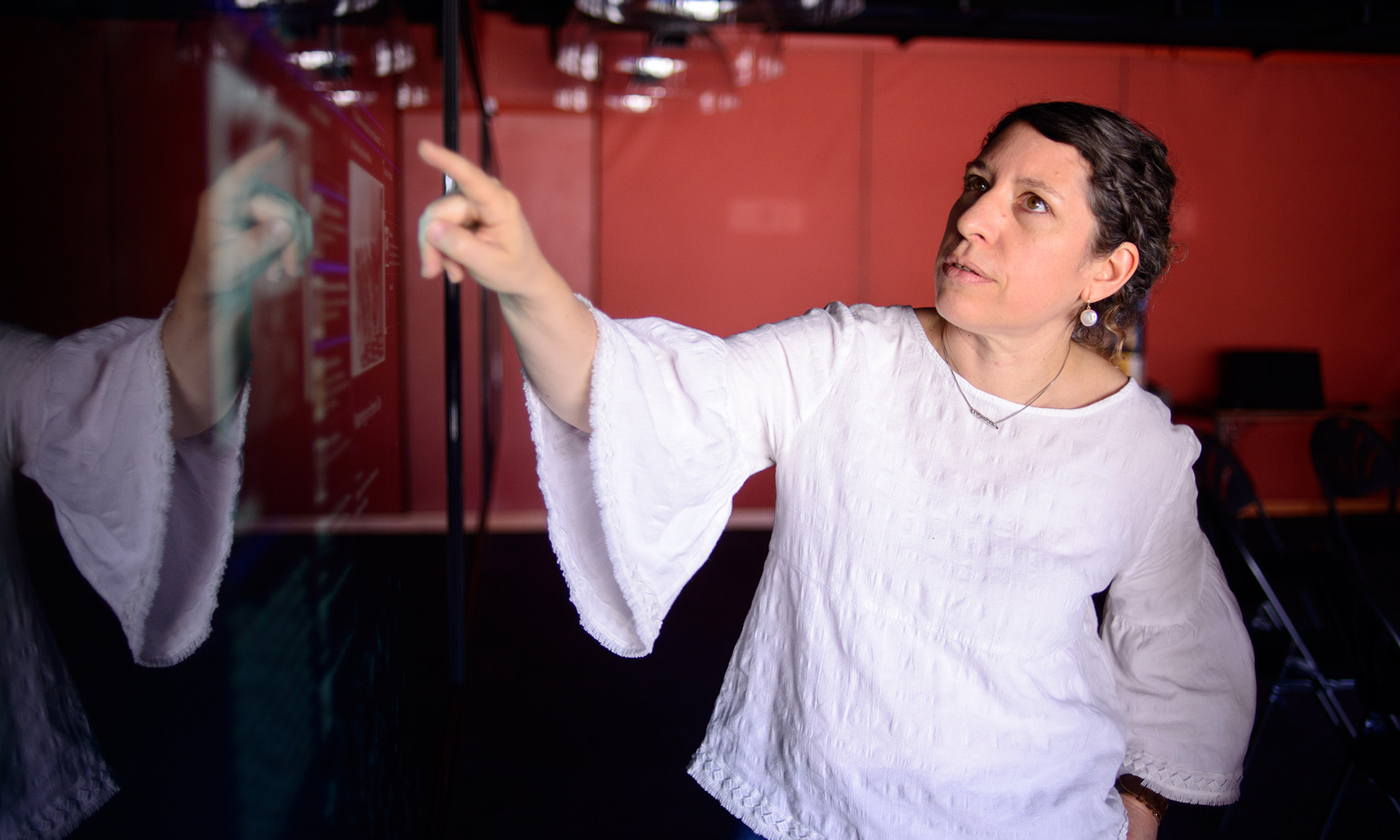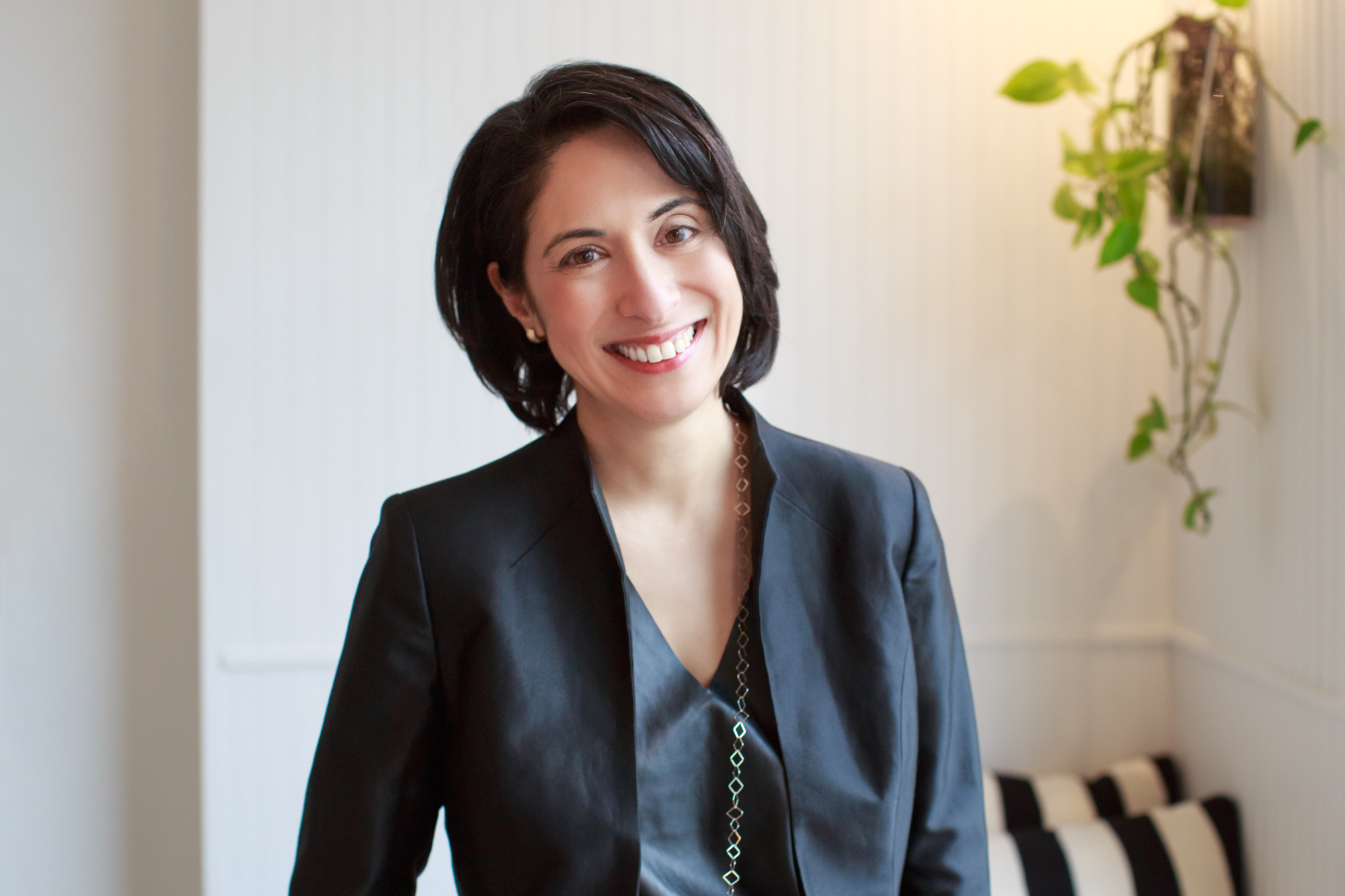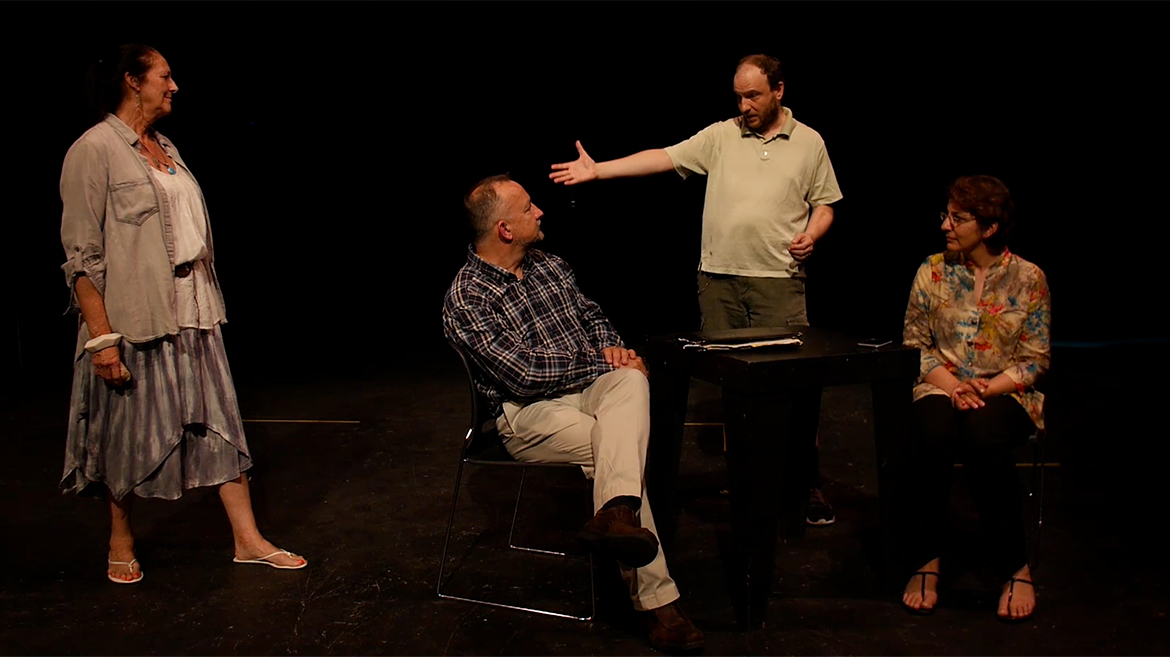

“The capacity to take on multiple viewpoints other than our own and to see them, not just as ‘opinions’ but as ‘realities’ that are as true for others as our own are to us is absolutely vital.”
Tom Scholte is a nationally recognized actor who has appeared in dozens of films, TV shows and plays. But recently, the UBC theatre and film professor has turned his creative attention to the role that theatre can play in resolving conflict and bridging division.
As the artistic director of Conflict Theatre at UBC — a collaboration between Human Resources, the Department of Theatre and Film, and Equity & Inclusion — Scholte uses the tools of forum theatre to help faculty and staff work approach workplace conflict differently. By rehearsing new strategies for difficult conversations, Scholte says participants build resilience, empathy, and emotional intelligence.
For those curious to learn more about this experiential practice, Scholte will be offering an open conflict theatre workshop at Congress 2019 entitled “Rehearsing Courage, Enacting Confidence.” This time, he will be helping participants creatively engage in conflict not in relation to others, but to themselves. He spoke to us about the value of conflict theatre, his upcoming projects, and what he’s looking forward to at Congress 2019.
Tom Scholte’s Congress 2019 Workshop
-
- Rehearsing courage, enacting confidence (June 3 – 10:30-12:00 in the AMS Nest 2306)
“I could never apply for that kind of job. No one would be interested in my experience. I don’t have any relevant skills.” If this self-talk sounds familiar, consider joining UBC Faculty member Tom Scholte for a unique, interactive session designed to help challenge limiting self-perceptions. Scholte will lead participants through an embodied and interactive process to help you move away from moments when internalized voices of judgement or self-criticism prevent you from following the curiosity and desire of your authentic self.
- Rehearsing courage, enacting confidence (June 3 – 10:30-12:00 in the AMS Nest 2306)
What is Conflict Theatre?
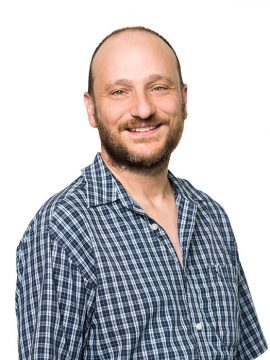

Tom Scholte
Conflict Theatre is means for members of a community to create short plays that embody complex social issues with which they are grappling. The plays are then presented to the larger community and audience members are invited to “rehearse” alternative methods to address the issues presented by intervening in the play, replacing a character of their choice, and employing an approach to the issue that is different to the one undertaken by the original character.
I have been involved with Conflict Theatre at UBC since 2017. In addition to fully developed plays, we offer “Skills Development Workshops” to help members of the UBC community surface and name the personal and institutional drivers of conflict and to develop a greater fluency in navigating the challenges and opportunities presented by situations of conflict rather than avoiding them or approaching them in unhelpful and, potentially, damaging ways.
We strive to help people work through blockages to authentic and productive communication under such circumstances. The motto of our annual summer intensive basically says it all: “Rehearsing Conflict, Rehearsing Courage.”
Can you tell us about your experience facilitating these sessions for UBC staff?
I always feel like the luckiest person in the room doing this work because I get to learn from the embodied wisdom and insight of the participants who work in an amazing variety of UBC contexts — from Parking and Access, to the Centre for Heart and Lung Innovation.
The “learners” are always considered “content experts” in terms of how conflict presents itself in their particular contexts. I am simply a facilitator who has experience opening up a playful space for difficult conversations. The level of insight, intelligence, and sensitivity among participants continues to astound me.
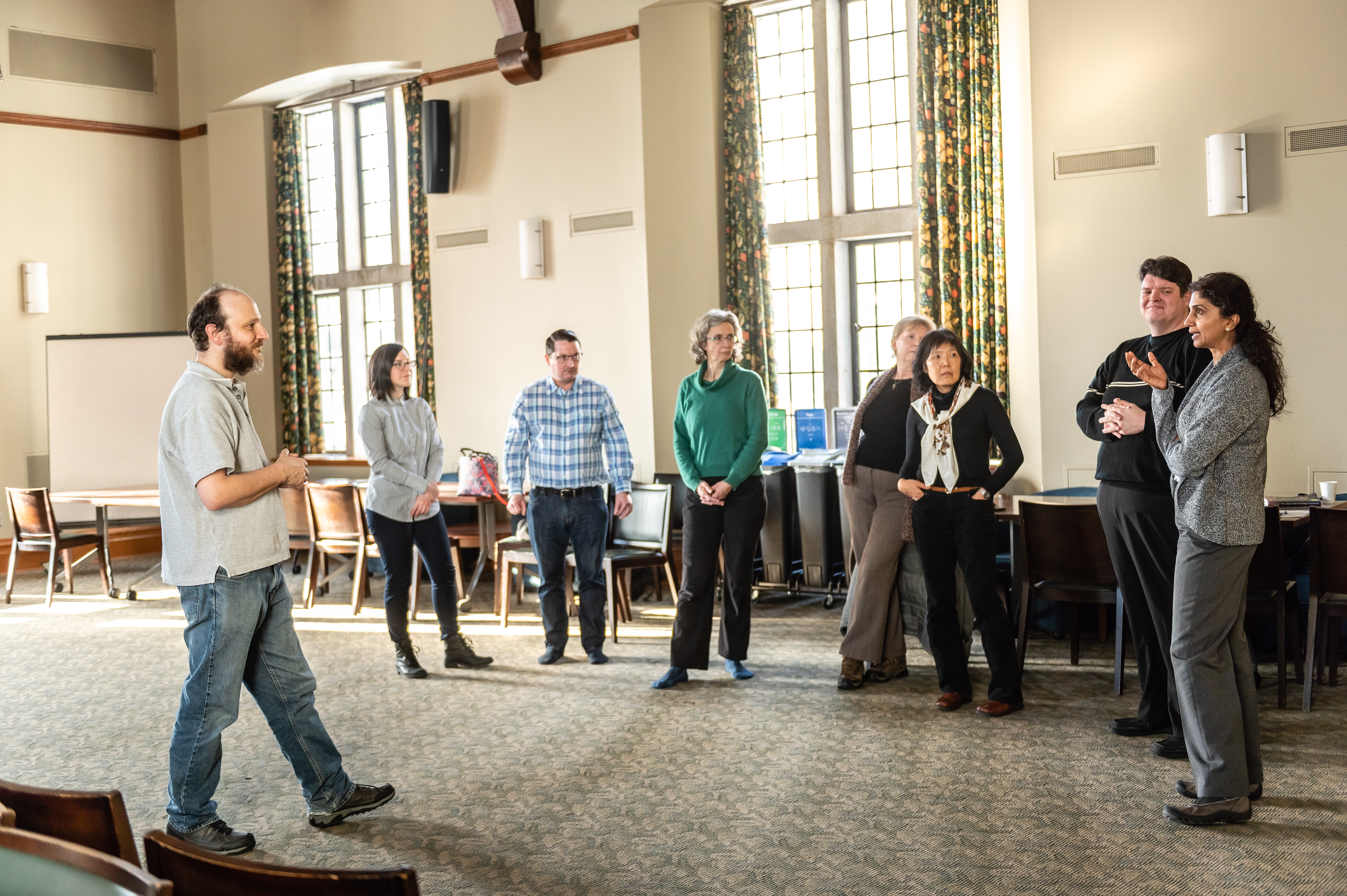

What do you hope that participants can gain from participating in conflict theatre?
The work repeatedly illustrates the profound influence that the narratives we tell ourselves have upon our behaviour and that, in the absence of information, assumptions will rush in and fill the void. The capacity to take on multiple viewpoints other than our own and to see them, not just as “opinions” but as “realities” that are as true for others as our own are to us is absolutely vital. Conflict needs to make us curious rather than confrontational, defensive, and avoidant. In these instances, an honest and open question seems to be worth at least a thousand statements.
What’s on your list of “must-see” events / talks / performances at Congress 2019?
I am particularly excited about the contributions to Congress of a number of my colleagues in the Department of Theatre and Film including Stephen Heatley’s production of the classic French-Canadian drama, Hosanna, by Michel Tremblay and the screening of Igor Drljača’s feature film, The Stone Speakers, which recently had its premiere at the Berlin International Film Festival. I am also very excited about the pronounced presence of content regarding indigenous scholarship that can be found across the entire program of the Congress.
You’re involved in an upcoming project on climate change theatre. Tell us more!
Yes! I am beginning to work with Dr. Kathryn Harrison from Political Science, as well as other colleagues, on putting together a Supply Side Climate Policy Forum Theatre summit in which we engage environmental activists, fossil fuel company executives, oil patch workers, indigenous leaders, and others all in doing this work together. Sparks might fly, but it is only through empathetically understanding each other’s realities and genuine fears that we can move together to create a future that is sustainable for all of us in all of the myriad forms that “sustainability” takes.

